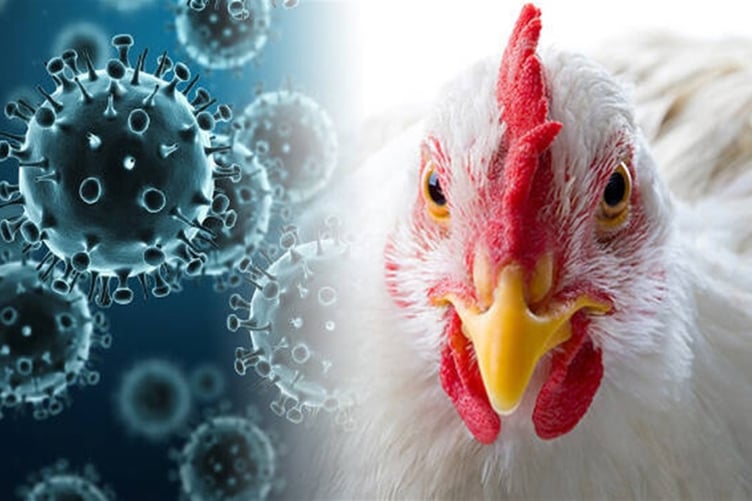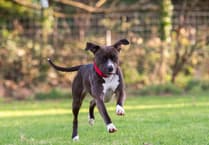Sadly avian influenza, or ‘bird flu’, is becoming more prevalent again both in the UK and here in the Isle of Man.
The virus (HPAI) H5N1 has now been confirmed in captive birds in multiple locations around England, most recently in commercial premises in Pembrokeshire and Lancashire; and there have been 88 cases in wild birds reported in the last week which demonstrates that the virus is circulating in native, non-migratory birds.
There are now mandatory housing measures (i.e. all birds are required to be contained indoors) for keepers with more than 50 birds.
Closer to home, a wild buzzard found in a private garden near Bride tested positive at the end of October, and a wild greylag goose found several days ago on Douglas beach has also tested positive. Given these cases relate to wild birds, no restrictions have been put in place in the island, as yet.
The Department of Environment, Food and Agriculture (DEFA) is strongly advising that bird keepers should remain vigilant by practicing good biosecurity and they should reduce any contact wild birds may have with kept birds, housing them where possible.
If an owner thinks their own birds may have bird flu, which is a notifiable disease, they should contact DEFA’s animal health team on 685844 (and note an answer machine may be in use). The owner should not move their birds and should avoid contact with them until they have liaised with DEFA.
As regards wild birds, DEFA’s advice to the general public is that they should report findings to DEFA of either:
- Two or more large waterfowl (such as swans or geese) found together and freshly dead.
- Six or more smaller birds found together and all freshly dead.
DEFA may collect some of these birds and test them (samples are sent to England and the results take about a week to come back), but not all birds will be collected.
DEFA also gives advice about how to safely dispose of a dead bird: it should not be handled with bare hands, and it should be placed inside two plastic bags before being placed in an outside bin. Your hands and clothes should then be thoroughly washed.
H5N1 is now able to infect a broader range of bird species than previous strains could, and it seems to have developed a propensity for jumping to mammals such as seals and foxes, perhaps because they are eating infected birds.
There is no evidence, as yet, that it can spread from one mammal to another, and human cases remain rare (proving fatal to around half of those affected).
We can’t allow bird flu to affect the way in which we treat our wild birds – it’s worth reminding anyone who shows hostility towards them that they are protected from harm under the Wildlife Act 1990.
Keeping your bird feeders, tables and baths clean is now more important than ever, and you should rotate them around your garden to prevent a build-up of potentially infected old food and droppings on the ground. And don’t forget to wash your hands thoroughly after you’ve done this.
And finally, if you find an injured bird (one with a broken wing, for example) please contact your nearest vet, the ManxSPCA or Manx Wild Bird Aid for advice.
As long as you observe very strict hygiene measures it may be possible for you to bring the bird to a veterinary surgery, but you must stay in the car park with the bird in a box or container so that the vet can come outside to examine it.
The MSPCA cannot accept wild birds onto its premises at the moment because it has corvids and pigeons living in its aviary. These birds would need to be euthanised if an infected bird was brought in by a member of the public.
None of us wants injured birds to suffer; nor do we want to spread the virus.

.jpeg?width=209&height=140&crop=209:145,smart&quality=75)

.png?width=209&height=140&crop=209:145,smart&quality=75)
